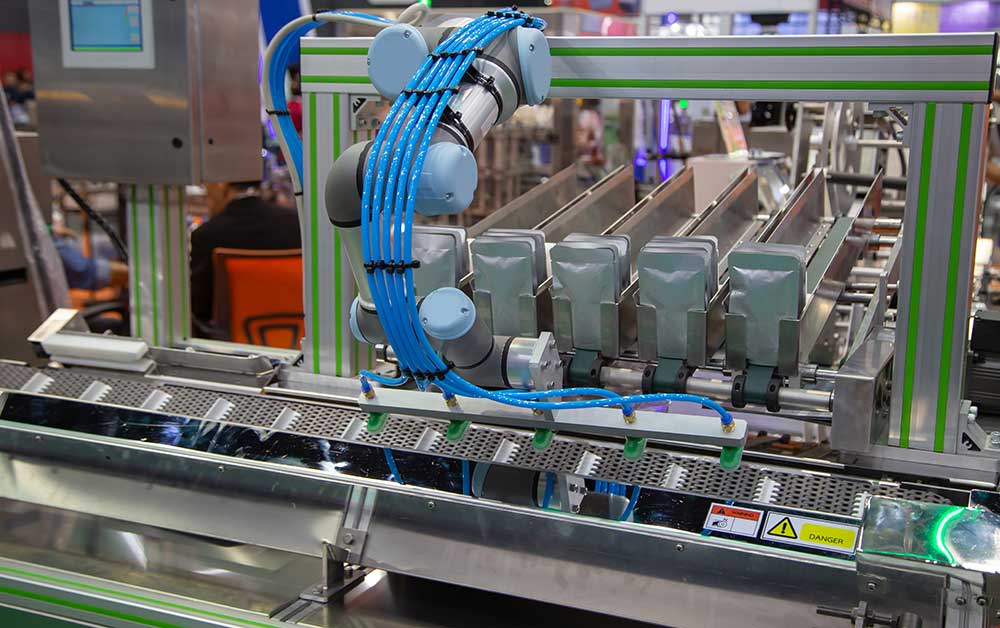4 reasons why you need to create a calibrate schedule.

Load sensors, sometimes referred to as load cells or force sensors are used in industrial weighing and manufacturing centers. These sensors or load cells are needed in their best conditions because they directly impact the company’s output.
Quality assurance departments, national standardization bodies, and consumer watch can hold the production department liable if load sensors fail to operate well. This, therefore, calls for the need to create a calibration schedule to enhance the quality of the sensors and avoid compliance issues.
Below are some of the reasons why this is necessary.
For various reasons, load sensors can lose their accuracy. This translates into either excess weight allocation or reduced weight per unit. This affects the standard of the product coming out of the production department.
Customer complaints can emanate based on such points. This can put the company’s reputation at risk. If calibration is not done frequently, this fault can be interpreted as an intent to defraud clients. Timely calibration can help arrest such issues that can bring customer complaints or put the brand reputation at risk.
Load sensors are made of materials that are susceptible to environmental factors. The deterioration caused by issues like heat, moisture, and other such factors may lead to wrong or misleading readings.
Below is a more comprehensive brief on these factors: –
The abrupt expansion and contraction cause resistance changes in measurement cables—this affects the accuracy of readings. Timely calibration by experts from a manufacturer of force sensors and load cells can help correct these changes.
Timely or scheduled calibration can help root out such problems early and, consequently, avoid inaccuracies born out of this.
Load sensors are used in large areas whose environmental factors are hard to control. Areas like warehouses, manufacturing plants, or mining centers have an open format that enhances the effect of these environmental changes.
Product standards and manufacturing practices are some of the rigorous requirements that industries and companies must follow. Weight and other factors, like packaging and safety, form the basis of passing various tests.
Below are some of the compliance hurdles that timely calibration can help overcome: –
To achieve quality standardization and compliance, load sensors or load cells must perform optimally at all times.
Load sensors are used in various operations of a company and this directly impacts the revenue. For instance, if wrong measurements are apportioned to products, it can become a point for revenue leakages.
In public roads, governments use load sensors to get tolls from the public. To achieve profitable and healthy revenues, the load sensors must be working at optimal levels.
There are other issues and costs related to poor measurements of weights that can be avoided. These include potential lawsuits, brand erosion, and customer dissatisfaction. All these have a direct impact on the company’s profitability and revenues.
Definitely, yes! Timely or pre-scheduled calibration helps to ensure that load sensors or cells are operating optimally. This helps to neutralize the effects of environmental factors like heat, wind, and water.
Additionally, the company has a brand and reputation to protect—poorly calibrated sensors can result in complaints and bad reviews which adversely impact these aspects. The company also enhances revenues, improves standards, and reduces costs if the sensors are working optimally at all times.

Evelyn Bartlett
Evelyn Bartlett regularly publishes articles about different business trends. Aspiring entrepreneurs can learn a lot from Evelyn because she tackles the technical, commercial, financial and administrative facets of businesses.
Scott Ellyson, CEO of East West Manufacturing, brings decades of global manufacturing and supply chain leadership to the conversation. In this episode, he shares practical insights on scaling operations, navigating complexity, and building resilient manufacturing networks in an increasingly connected world.